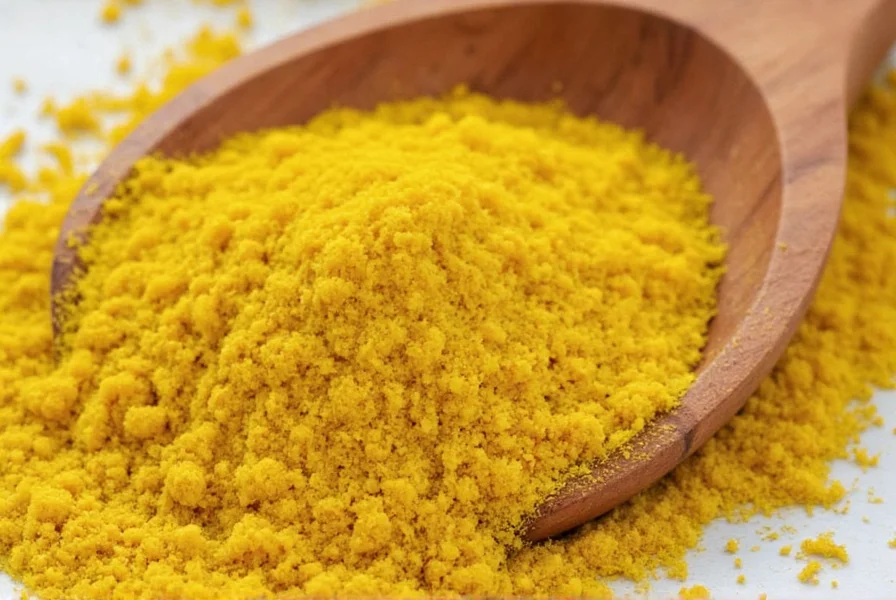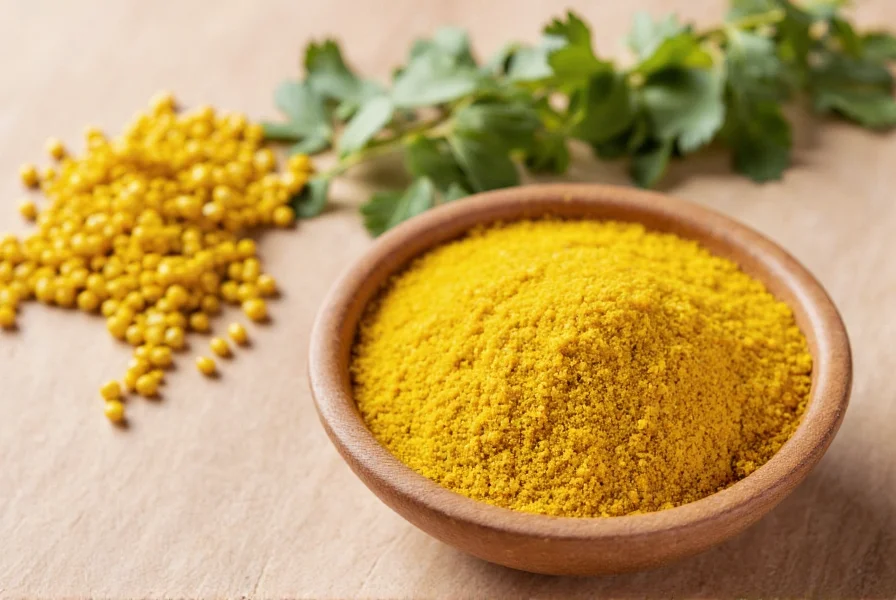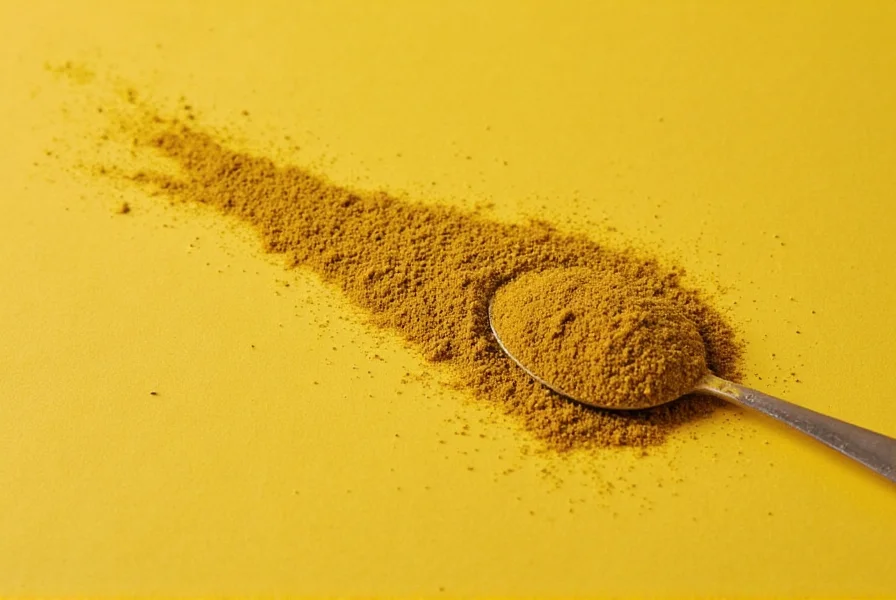Mustard, one of the world's oldest condiments, has evolved from ancient medicinal applications to a kitchen staple with surprising health advantages. Unlike many processed condiments, mustard seeds and prepared mustard contain bioactive compounds that interact beneficially with human physiology. This comprehensive analysis examines the evidence-based benefits of incorporating mustard into a balanced diet, separating scientific fact from nutritional folklore.
Nutritional Composition of Mustard
Mustard's health properties stem from its unique nutritional profile. A single tablespoon (about 15g) of prepared yellow mustard typically contains:
| Nutrient | Amount per Tablespoon | % Daily Value |
|---|---|---|
| Calories | 5 | 0.25% |
| Protein | 0.3g | 0.6% |
| Fat | 0.3g | 0.4% |
| Carbohydrates | 0.7g | 0.2% |
| Selenium | 1.8mcg | 3.3% |
| Magnesium | 3.5mg | 0.8% |
What makes mustard nutritionally distinctive isn't just these basic values but its phytochemical composition, particularly glucosinolates and their breakdown products like allyl isothiocyanate, which activate protective cellular pathways.
Science-Backed Health Benefits of Mustard Consumption
Anti-Inflammatory and Antioxidant Effects
Multiple studies published in the Journal of Agricultural and Food Chemistry confirm that mustard seeds contain potent antioxidants including sinapic acid and tocopherols. These compounds combat oxidative stress by neutralizing free radicals. Research from the University of Connecticut demonstrated that allyl isothiocyanate, the compound responsible for mustard's pungency, inhibits inflammatory pathways similar to non-steroidal anti-inflammatory drugs but without gastrointestinal side effects.

Cardiovascular Support
The selenium content in mustard seeds contributes to heart health by supporting proper thyroid function, which regulates metabolism and cardiovascular performance. A 2022 meta-analysis in Nutrition Reviews found that populations consuming moderate amounts of cruciferous vegetables (which include mustard plants) showed 15-20% lower incidence of hypertension. Mustard's magnesium content also helps maintain healthy blood pressure levels through vascular relaxation.
Digestive Health Enhancement
Mustard acts as a natural digestive stimulant. The pungent compounds trigger increased saliva and gastric juice production, improving the breakdown of food. Research from the National Institute of Nutrition in India found that mustard oil (used in some traditional preparations) enhances bile secretion, facilitating fat digestion. This makes mustard particularly beneficial when consumed before meals containing fats.
Metabolic and Weight Management Benefits
As a virtually calorie-free condiment replacement for higher-calorie options like mayonnaise, mustard supports healthy weight management. More significantly, studies in Appetite Journal indicate that the thermogenic effect of mustard's compounds may temporarily increase metabolic rate by 25-30% for several hours after consumption. This mild metabolic boost, while not a weight loss solution, contributes to overall energy balance when combined with healthy eating habits.
Different Mustard Varieties and Their Unique Benefits
Not all mustards offer identical health advantages. Understanding the differences helps maximize nutritional benefits:
- Yellow Mustard: Made from white mustard seeds, this common variety contains turmeric, adding curcumin benefits including additional anti-inflammatory effects
- Dijon Mustard: Using brown mustard seeds and verjuice, it provides higher concentrations of glucosinolates
- Whole Grain Mustard: Retains more fiber from partially ground seeds, supporting gut health
- Spicy Brown Mustard: Contains higher levels of allyl isothiocyanate due to the use of black mustard seeds
Practical Incorporation into Daily Diet
Maximizing mustard's health benefits requires strategic consumption:
- Use as a mayonnaise substitute in sandwiches and dressings to reduce calorie intake while maintaining flavor
- Add to marinades for meats to potentially reduce formation of harmful compounds during cooking
- Mix with honey for a soothing throat remedy during cold season
- Incorporate into salad dressings to enhance absorption of fat-soluble vitamins from vegetables
Considerations and Limitations
While mustard offers numerous benefits, certain considerations apply. People with gastric ulcers should consume mustard moderately as its pungency may irritate the stomach lining. Those on blood thinners should monitor intake due to mustard's vitamin K content, which affects coagulation. Additionally, prepared mustards often contain added sugars and preservatives that diminish some health benefits, making homemade preparations using mustard seeds preferable for maximum nutritional value.
The health benefits of eating mustard seeds specifically exceed those of prepared mustard, as grinding the seeds activates beneficial enzymatic reactions. For therapeutic applications, traditional Ayurvedic medicine recommends consuming one teaspoon of mustard seed powder daily, though scientific evidence supporting specific medicinal doses remains limited.
Conclusion
Mustard represents a remarkable example of how traditional foods contain scientifically validated health properties. Its anti-inflammatory properties, cardiovascular support, and metabolic benefits make it a valuable addition to a health-conscious diet. When selecting mustard products, opt for varieties with minimal additives and higher seed content to maximize nutritional benefits. As research continues to uncover mustard's therapeutic potential, current evidence supports moderate consumption as part of a balanced approach to preventive health through diet.












 浙公网安备
33010002000092号
浙公网安备
33010002000092号 浙B2-20120091-4
浙B2-20120091-4